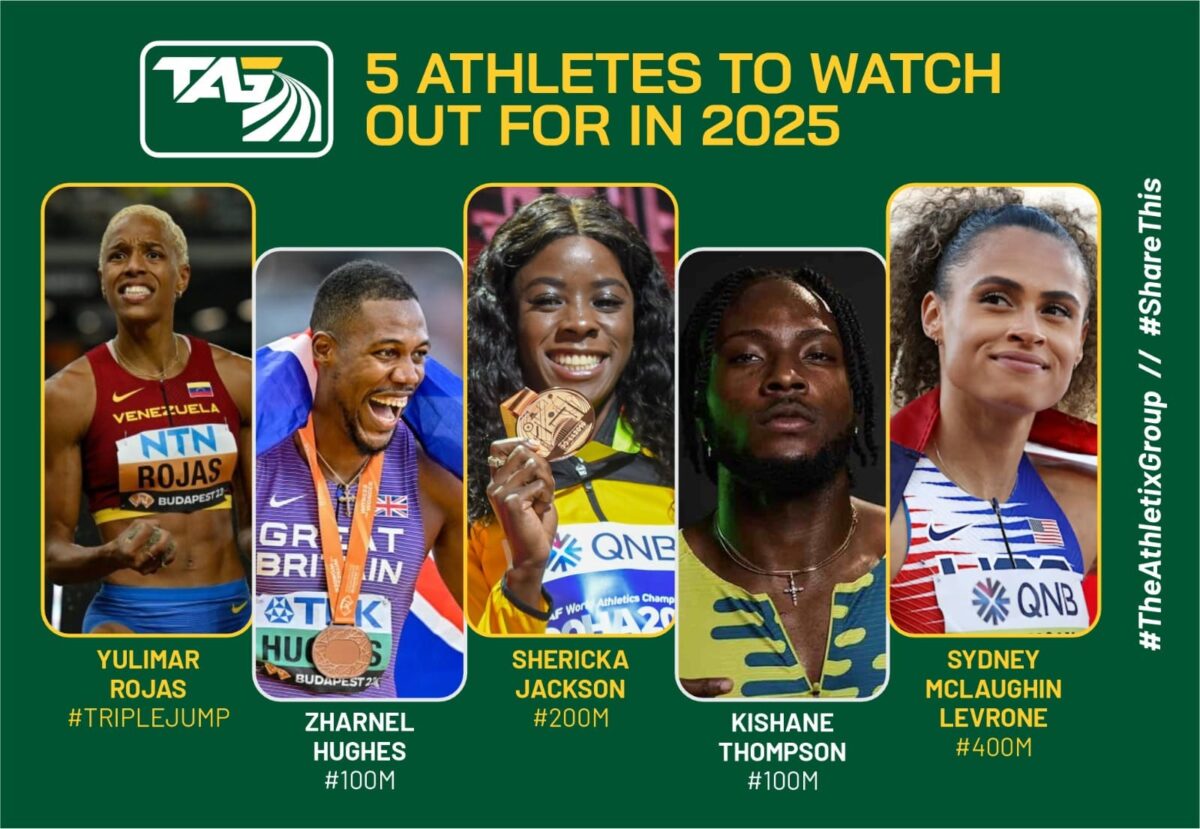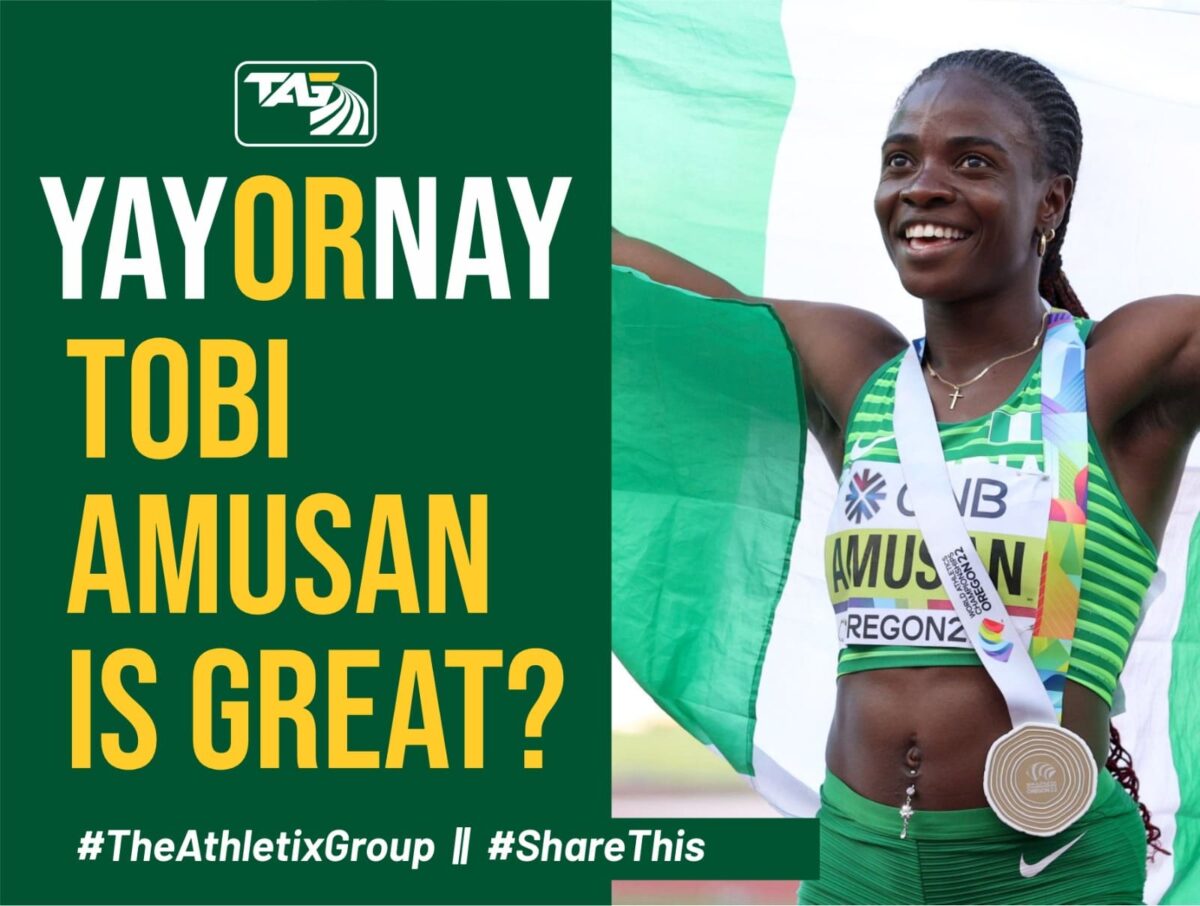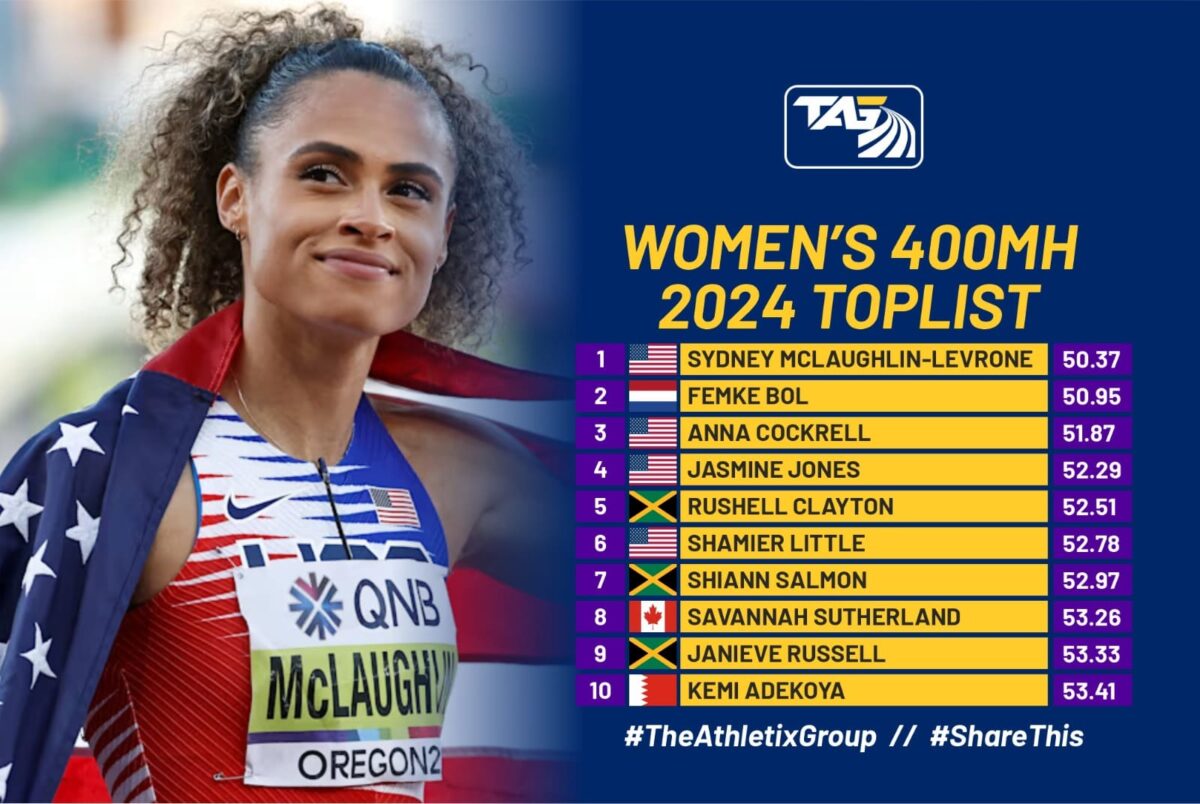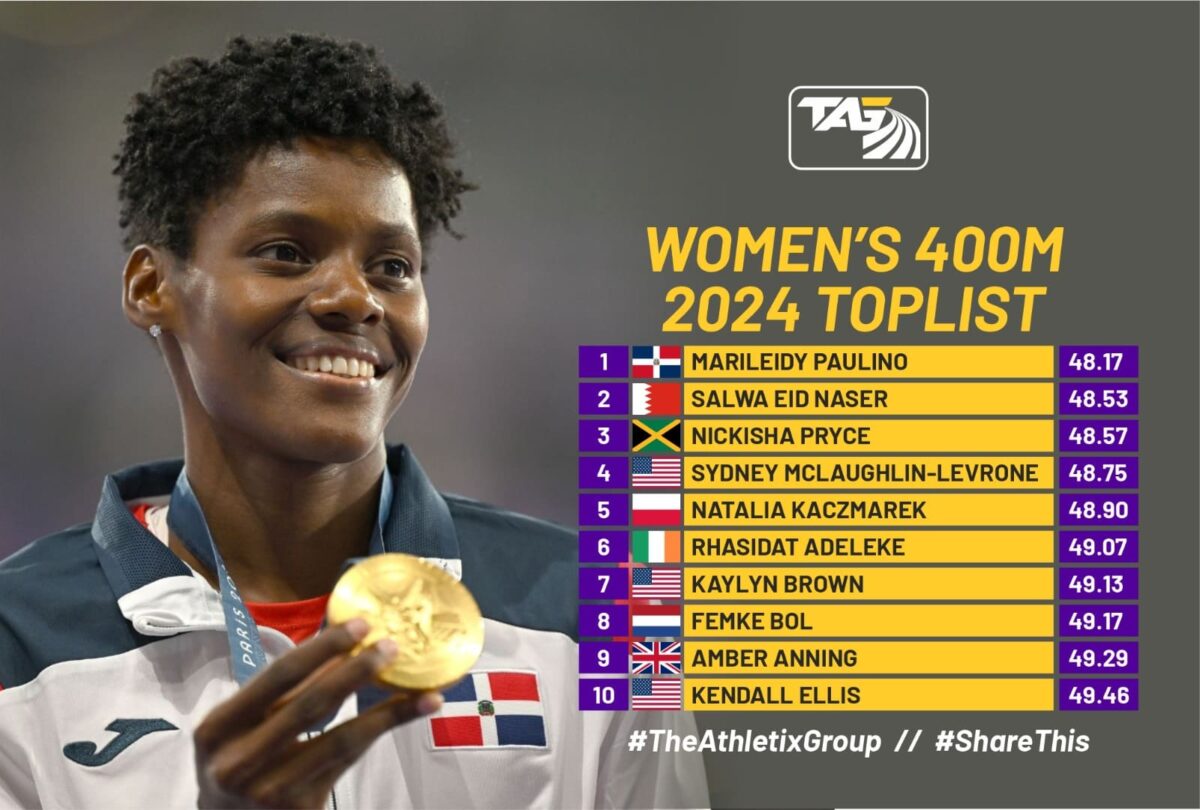
Early NBA trade guide: Two timelines, superstar futures and apron issues
October 6, 2025
Racing continues its nervous wait for next month’s budget and the potential impact of changes to the tax regime around gambling, meaning the sport’s senior figures may hope that the chancellor’s attention is elsewhere when the Book 1 sale at Tattersalls, Europe’s most exclusive yearling auction, gets under way at the firm’s historic sales ring in Newmarket on Tuesday.
You can explain until you are blue in the face that breeding and racing are not the same thing, or that the elite top tier of the yearling market, like the market for limited-edition Ferraris or 1,000-acre country estates, has always been wholly detached from what the rest of us would call day-to-day reality. The simple fact of it is that the numbers flying around at Tatts this week will be jaw-dropping, both for the average individual on the Clapham omnibus and the average politician in Westminster, many of whose constituents are still gripped by the cost-of-living crisis.
Advertisement
Related: Daryz dazzles in Arc de Triomphe to catch hot favourite Minnie Hauk in dying strides
A total of 345 yearlings were sold at last year’s Book 1 sale, generating a record turnover for the three-day event of 127m guineas (£134m), a 33% increase on the previous year’s figure of 95.3m gns (£100m). A significant factor in the total was an astonishing spending spree by Kia Joorabchian and his associates in the Amo Racing operation, including Evangelos Marinakis, the Nottingham Forest owner, and the Qatar-based Al Shaqab, which eventually ran to 22.9m gns (£24m) and saw 25 lots led out of the ring to join Amo’s ever-increasing string.
The results of the Amo splurge at last autumn’s Book 1 have – as yet – been decidedly mixed. The sale’s top lot, a 4.4m gns (£4.62m) Frankel filly subsequently named Partying, was initially sent to Ralph Beckett and then moved to join Kevin Philippart De Foy at the historic Freemason Lodge in Newmarket – another big-money purchase by Joorabchian and co – in July. She has yet to see a racecourse.
Advertisement
Also unsighted thus far is Alpinara, a 2.5m gns (£2.6m) full sister to the 2022 Prix de l’Arc de Triomphe winner, Alpinista, although she could hardly be said to have a two-year-old pedigree, while Poker, by Wootton Bassett and the 2024 sale’s 4.3m (£4.5m) second-top lot, started favourite for his racecourse debut in a Haydock novice a couple of weeks ago – and finished sixth of the nine runners.
There were five seven-figure lots among the Amo buys 12 months ago, and Ancient Egypt, who cost 1.1m gns (£1.15m), is the only winner as yet (and he then ran a shocker when upped to Group Two company at Newmarket last month after two wins in minor company). There have been winners from Amo’s cheaper purchases, including Lyneham, who repaid £11,000 of his 425k gns (£446k) purchase price in a Newmarket maiden on Saturday, but so far, they seem to be learning the lesson that it is not necessarily the size of your bankroll that matters at Book 1 – all the buyers, after all, are loaded. It is what you spend it on that counts.
It may not have escaped Amo’s attention, for instance, that Venetian Sun, winner of the Albany Stakes at this year’s Royal Ascot, was picked up for 240k gns (£252k) – below the average for the sale as a whole – to race for Marinakis’ Premier League rival in the Brighton hotseat, Tony Bloom.
Advertisement
Leicester 2.00 Portoro (nb) 2.30 Koffee And Kale 3.00 Maasai Mata 3.30 Oh Yes You Do 4.00 Lillie Margo 4.30 Smart Vision 5.02 Sovereign Sea 5.35 Holbache (nap)
Brighton 2.15 Antiphon 2.45 Starsong 3.15 Ciarrai Abu 3.45 The Dark Baron 4.15 Stintino Sunset 4.45 Gone Rogue 5.15 King Of War
Huntingdon 2.37 Settle Down Jill 3.07 Carlton 3.37 Midnight Jewel 4.07 Lyness Dancer 4.37 Casting Aspersions 5.07 Bankatary
Southwell 4.57 Nova Centauri 5.28 Zarinca 6.00 Noel Fox 6.30 Unico 7.00 Colors Of Freedom 7.30 Tamaris 8.00 Shamardal Star 8.30 Create
Advertisement
Distant Storm, the likely favourite for Saturday’s Group One Dewhurst Stakes, also slipped through the net. He was knocked down to the bloodstock agent Cormac Farrell for just 90k gns (£94.5k) – pin-money by Book 1 standards – before giving his temporary owner the profit of a lifetime when he was resold to Godolphin at this year’s breeze-ups for €1.9m (£1.65m).
The best news of all for Tattersalls – since they take the spare shilling in every guinea – is that Joorabchian and his Amo associates show every sign of returning for a repeat performance at Newmarket this week, for what seems certain to be a concerted – and somewhat surreal – flaunting of mega-wealth across the three-day sale. The fuse will be lit when the first lot enters the ring at 11am, and the serious fireworks may well begin moments later when Lot 3, the first of 26 Frankel yearlings in the catalogue, goes under the hammer.
Betting tax turnover ‘rebalancing’ urged
Back in the real world, meanwhile, there was a timely contribution to the debate over racing’s future funding on Monday from a somewhat unexpected source.
Advertisement
Plumpton racecourse is familiar to National Hunt fans as one of the most pleasant and picturesque jumping tracks in the country, but it has also been owned by Peter Savill, the former chairman of the British Horseracing Authority’s predecessor, the British Horseracing Board, since 1998.
It could therefore be said to have a view on racing’s complex internal politics from both sides of the divide between the Thoroughbred Group – owners, trainers, jockeys and so on – and the racecourses, and it launched a detailed report on Monday titled Securing Racing’s Future which proposes a “rebalancing” of the overall taxes on betting turnover to “provide fair funding for a sport that delivers £4bn to the economy”.
Advertisement
The report’s author is Tom Savill, Peter’s son and a director at Plumpton, who has picked up and run with an idea that was initially floated by the Social Market Foundation earlier this year. The SMF proposed a “flip” in the rate that betting firms pay on their gross profits to General Betting Duty and the Horserace Levy, with GBD reduced from 15% to 5% and the Levy raised from 10% to 20%, which would leave the overall charge on racing profits at 25%.
Savill argues that while the UK Treasury’s headline tax-take from bets on racing would inevitably drop, the long-term deficit that would result from an irreversible decline in an industry that supports 80,000 jobs would be far more significant.
A rebalancing between tax and Levy, he suggests, alongside an extension of the Levy to bets on foreign racing, could generate an extra £130m annually for racing without adding to the overall rate imposed on operators’ racing profits.
Advertisement
Gordon Brown, the former prime minister, argued for additional support for racing if or when the tax regime around gambling is reformed in an article for the Guardian in August. Savill’s report offers one possible way to provide that support, and will land on the Treasury’s doormat on Tuesday.







